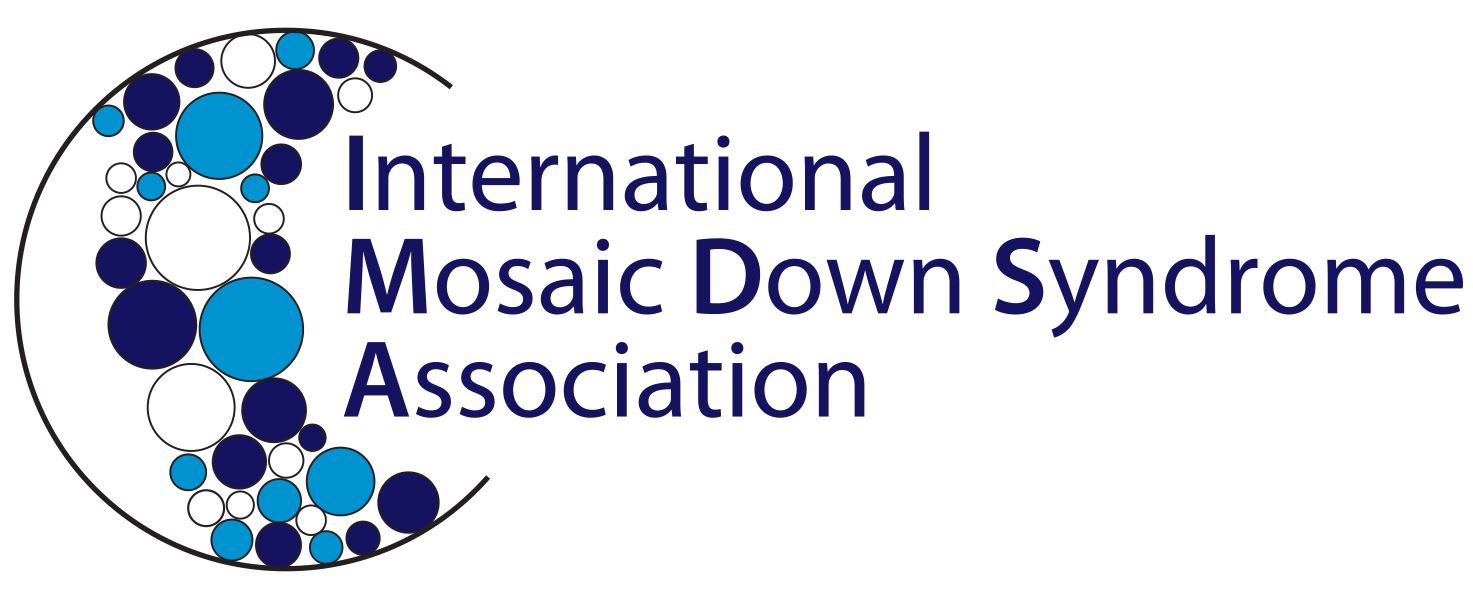Research Update: Cryptic mDs Study Actively Recruiting Participants
Mosaic Down syndrome differs from conventional Down syndrome (Trisomy 21) in that only a portion of their cells have three copies (trisomic imbalance) for chromosome 21, whereas all of the cells of a person with non-mosaic Down syndrome have a trisomic imbalance for chromosome 21. While most people with mosaic Down syndrome are recognized through routine chromosomal testing, some individuals experience a diagnostic journey before mosaicism is finally recognized. The International Mosaic Down Syndrome Association (IMDSA) has supported a study to try to help people who are likely to have unrecognized mosaic Down syndrome. Obtaining this diagnosis, when present, is important because it can bring a deeper understanding of a person’s health and behavioral traits, allow for increased access to services/interventions, and ensure that their health is monitored for “at risk” conditions. This project is described as the Cryptic Mosaic Down Syndrome Study, since “cryptic” is defined as a condition that is masked, camouflaged, or obscure.
The IMDSA is collaborating with Colleen Jackson-Cook,PhD to conduct this study. Dr. Jackson-Cook, who is an American Board of Medical Genetics and Genomics certified clinical cytogeneticist and PhD medical geneticist, has evaluated people with mosaic Down syndrome for many years. The primary aim of this study is to determine what percentage of individuals who have traits similar to those seen in people with Down syndrome, but with previously normal chromosome test results, will have undetected mosaicism. Information about the study is available on the IMDSA website: http://imosaic Down syndromea.org/cryptic-mosaicism-study. The eligibility criteria are: (1) Individuals must have been evaluated by a geneticist/dysmorphologist if this specialist is available in their geographic area; (2) The individual must have received a previous “normal” chromosome (or microarray) test result; (3) The parent/individual must provide a history of the evaluations that have been obtained for the study participant; and (4) The parent/individual should provide a list of traits leading them to suspect a diagnosis of mosaic Down syndrome.
This study is ongoing (still actively recruiting). To date, 11 participants have met the study eligibility criteria and submitted specimens for evaluation. Additional information has been obtained for 3 of the 11 participants. For 1 of these individuals, mosaicism for trisomy 21 was detected in a buccal specimen (but was not apparent in a blood specimen). For another individual an unclear result was obtained (percentage of trisomic cells was at the assay cut-off levels). For the third individual, mosaicism was not detected, but a different chromosomal finding was identified that allowed the participant to obtain an appropriate diagnosis. For the remaining 8 participants no abnormalities were detected (no new information).
In summary, this study provided new information for 27% of the people who were evaluated. The IMDSA and Dr. Jackson-Cook plan to continue recruiting people in the coming year. If you know of someone who would might be interested in this project, please feel free to share the website address with them to enable them to decide if they would like to join this study.
